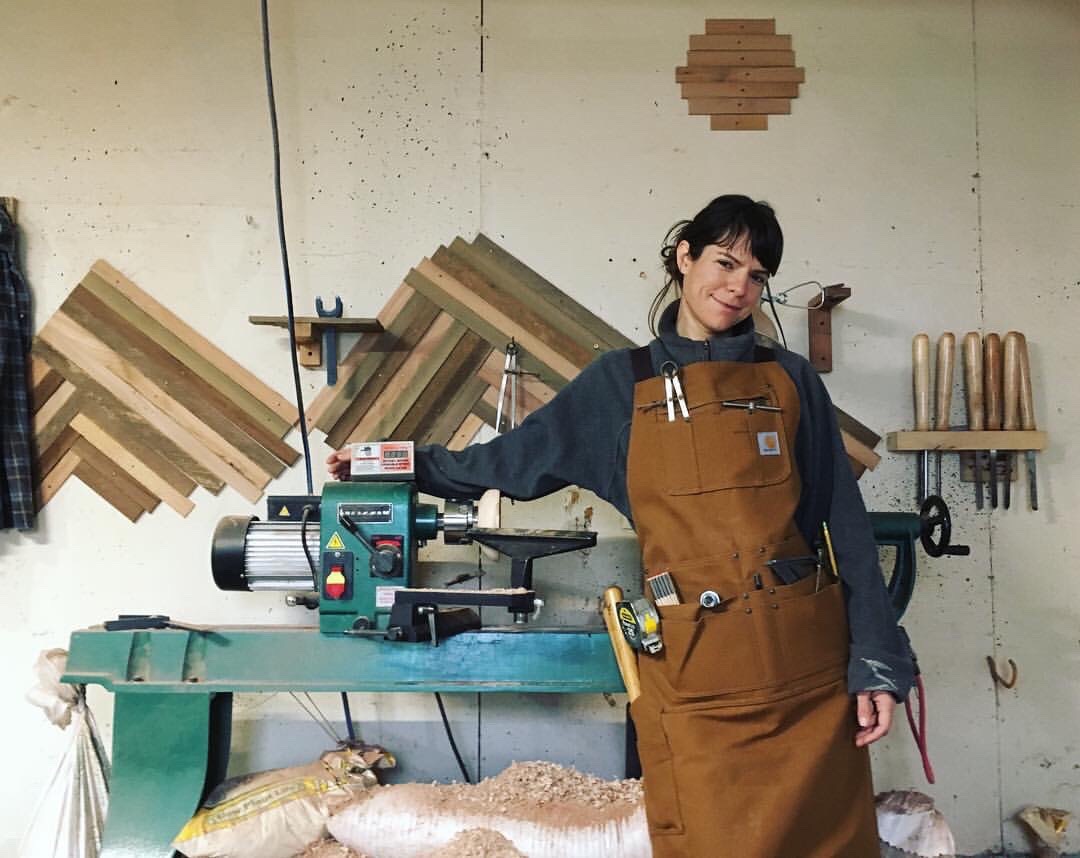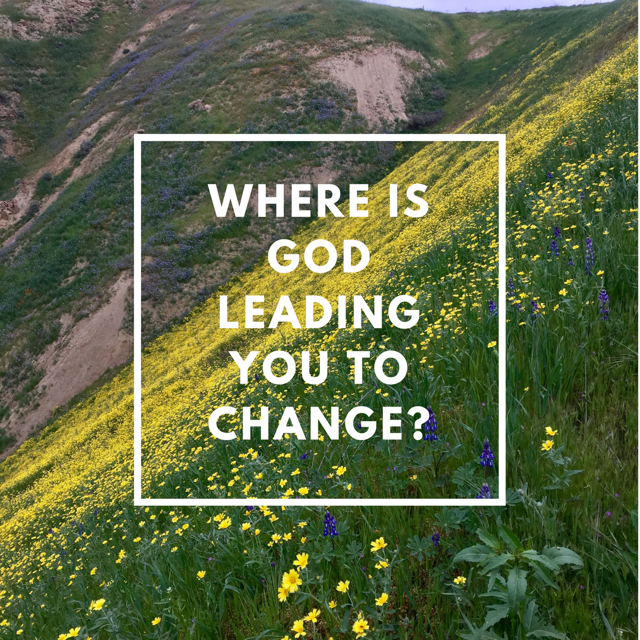At the same time one of my classmates had a sister returning home following college graduation. Even though there was four years difference in age, Karen and I quickly became best of friends, and were an integral part of the IF group. I think we were able to offer each other something we both needed at the time. I needed to be stretched and challenged. She needed spiritual grounding. I needed her encouragement and high belief. She needed a place to belong, a safe place to grow in her walk with Christ.
Within a mile of the church was a wooded area we called the “church grove.” Sunday School picnics were held at the grove each summer, among other activities. The IF gang camped out at the church grove just about every weekend and almost every month of the year. Sleeping around a campfire in our sleeping bags in the dead of winter. Someone would bring a guitar, we’d sing, we’d share, we’d laugh, we’d pray. It wasn't unusual for all of us to walk into church on Sunday morning smelling like campfire smoke, still in our camp clothes. Every Thursday night we’d meet up at someone’s home for Bible study.
We’d serve together; raking fall leaves for the elderly, serving hot coffee to truckers at a roadside rest stop on Interstate 81, and leading worship for Wednesday night prayer meetings.
In the summer, on Sunday afternoons, you could find us meeting at Jennie Wentling’s house (grandma to some of the IF'rs) to play volleyball in her big side yard.
We truly did LIFE TOGETHER.
I’m not sure that I can fully comprehend what those IF years did to shape my life. I'm pretty sure I would have never had the courage and belief that I could make it in college without the support and encouragement of Karen and the IF group.
Though there were defeats and challenges in those years, we were there for each other, and my spiritual growth took on a fresh level of exuberance and confidence. I could write another book on just those years alone!
If we think we can live this life as whole beings without relationship, we are kidding ourselves. Since those IF years, God has provided friends, mentors, spiritual directors, small groups, and counselors, who have invested in my well being, not only spiritually, but physically, emotionally and intellectually.
Even now, I meet with a friend who I just happened upon at a local Starbucks. One of the baristas, neither of us knew we both lived in the Indy area.
Terry? Gwen? We almost simultaneously said, What are you doing here!?
Terry use to mentor my two oldest when they were a part of the youth group at our church in Michigan. Now, years later, after having both lived in numerous places, we get together weekly. We process life together (important for a seasonal person:), encouraging each other in our marriages, sharing what it is to have grown children and grandchildren, and spurring each other on in our faith.
Community is an integral part to experiencing wholeness.
Processing life and faith, asking the deeper questions, encouraging each other, motivating personal growth, and giving hope and affirmation. We were meant for relationship.
A couple questions to think about as you consider the community aspect of your life:
Who has been a significant person in my life?
Who can join or help me in growing spiritually?
The third Big Question to Experiencing Wholeness has to do with the spiritual practices, one element to our spiritual formation. There are a variety of practices to choose from according to how you answer the first big question: Where is God leading me to change? Spiritual practices are" tools, not rules," according to Larry Osborne, author of Spirituality for the Rest of Us. Choosing the appropriate tool will enable you to participate with the Holy Spirit's work in your life.










